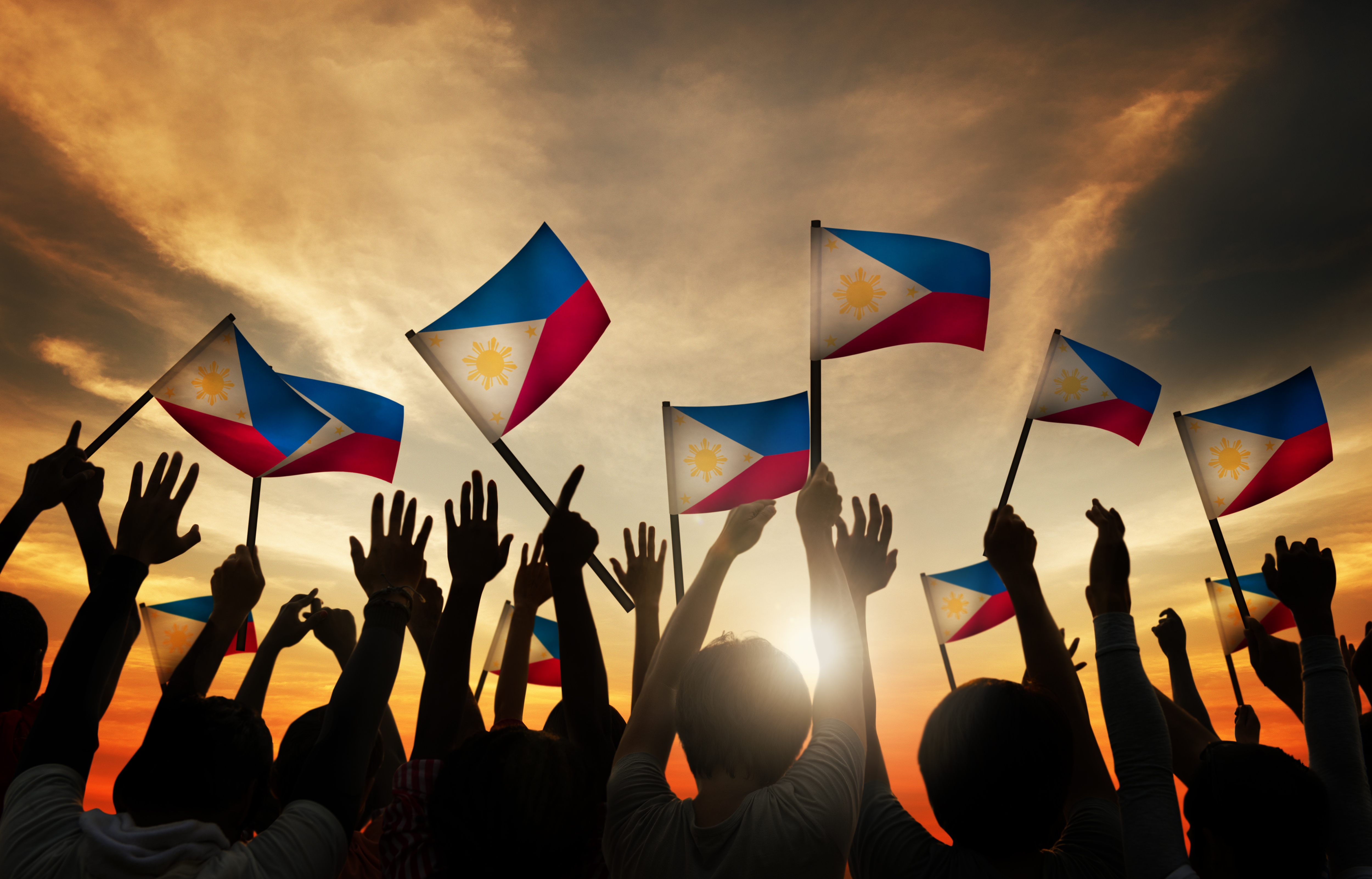(Bangkok, 20 May 2021) – The Philippine government must immediately rescind Executive Order (EO) 130 and reject OceanaGold’s mining permit renewal as it imperils every Filipinos’ constitutional right to a safe and healthy environment.
The Executive Order also guarantees continued impunity in a country dubbed as one of the most dangerous places for environmental human rights defenders, said the Asian Forum for Human Rights and Development (FORUM-ASIA) and its member organisations BALAOD Mindanaw and the Purple Action for Indigenous Women’s Rights (LILAK) in a joint statement today.
On 14 April 2021, President Duterte signed EO 130, arbitrarily lifting a nine-year moratorium on granting new mineral agreements.[1] The EO 130 amended Section 4 of EO 79, a provision that banned the granting of mineral agreements until a revision of current mining rules and regulations have taken effect.[2] Citing that the mining industry ushers ‘significant economic benefits’ to the country, the Philippine government considers EO 130 instrumental in spurring economic growth in remote rural areas.
‘We join numerous civil society organisations and networks in the Philippines calling for the cancellation of EO 130. This EO serves as a dangerous and misleading justification of mining as a post-pandemic economic recovery strategy and exacerbates risks faced by environmental defenders,’ said Shamini Darshni Kaliemuthu, Executive Director of FORUM-ASIA.
Between 2019 and 2020, FORUM-ASIA documented at least 98 emblematic cases of attacks, intimidation, and harassment against human rights defenders in the Philippines. Of these cases, 27 were killings that mostly targeted land and environmental defenders.[3] Emblematic cases involving non-state actors, especially business and corporations in the mining and extractives industries, have become increasingly common.[4]
‘The Philippine government needs to remind itself that the mining sector contributes less than one per cent to the country’s Gross Domestic Product (GDP), yet the same sector has contributed the most to environmental defenders’ deaths in comparison to other industries according to civil society documentation,’[5] said Ritz Lee Santos III, Executive Director of BALAOD Mindanaw.
Large-scale mining projects seemingly underway
While the Mines and Geosciences Bureau – the government agency responsible for the overall management of mineral resources – confirmed EO 130 will expedite mining applications in the country, existing mining projects continue to threaten constitutional rights and livelihoods of the Filipino people.[6]
This is the case of OceanaGold Philippines Inc’s mine in Didipio, Nueva Vizcaya, which is reported to finalise its 25-year mining permit or Financial and Technical Assistance (FTAA) renewal with the government[7] – a particularly worrisome development considering that the Didipio mine was previously the site of a standoff between police and protesters, where unnecessary and disproportionate use of force by state authorities resulted in injuries and court charges.[8]
The United Nations has since urged the Philippine authorities not to discriminate against indigenous peoples in favour of business interests.[9]
‘OceanaGold’s looming permit renewal spells continued threats and harassment against those opposing OceanaGold’s mining operations in Didipio, together with irreversible environmental degradation and adverse health impacts. The Philippine government must truly prioritise its people and the environment in the midst of a climate crisis and a pandemic,’ said Judy A. Pasimio, Coordinator of LILAK.
FORUM-ASIA joins civil society organisations and networks in calling on the Philippine government to immediately cancel EO 130, and for Congress to expedite the passage of laws adequately protecting the environment, such as the Alternative Minerals Management Bill.
FORUM-ASIA also reiterates its call on the Philippine government to take genuine steps to ensure the protection of all human rights defenders, including victims of rights abuses, and undertake measures to prevent defenders from being harmed.
The government must create an enabling environment for human rights defenders to carry out their work, protect them from harm by creating a national legal framework for their protection, and provide effective remedies when rights are violated in accordance with the United Nations Guiding Principles on Business and Human Rights.[10]
For a PDF version of this statement, please click here.
The statement is signed by:
- Asian Forum for Human Rights and Development (FORUM-ASIA)
- BALAOD Mindanaw
- Legal Rights and Natural Resources Center (Kasama sa Kalikasan)
- Philippine Alliance of Human Rights Advocates (PAHRA)
- Purple Action for Indigenous Women’s Rights (LILAK)
- Task Force Detainees of the Philippines (TFDP)
- Karapatan Alliance Philippines (KARAPATAN)
[1] https://www.officialgazette.gov.ph/downloads/2021/04apr/20210414-EO-130-RRD.pdf
[2] Ibid.
[3] For more information on these statistics, please consult the Asian Human Rights Defender Portal
[4] https://www.forum-asia.org/uploads/wp/2019/05/DEFENDING-IN-NUMBERS-2019-FINAL-ONLINE-1.pdf
[5] https://www.globalwitness.org/en/campaigns/environmental-activists/defending-tomorrow/
[6] https://mb.com.ph/2021/04/19/36-mines-to-start-operations-soon/
[7] https://www.manilatimes.net/2021/05/08/business/green-business/govt-finalizes-ftaa-renewal-for-oceanagold/871229/
[8] https://www.facebook.com/katutubonglilak/videos/215084009752577/
[9] https://www.ohchr.org/EN/NewsEvents/Pages/DisplayNews.aspx?NewsID=25850
[10] https://www.forum-asia.org/?p=29439
***
Organisation/s Involved
Asian Forum for Human Rights and Development (FORUM-ASIA), BALAOD Mindanaw, Legal Rights and Natural Resources Center (Kasama sa Kalikasan), Philippine Alliance of Human Rights Advocates (PAHRA), Purple Action for Indigenous Women’s Rights (LILAK), Task Force Detainees of the Philippines (TFDP), and Karapatan Alliance Philippines (KARAPATAN).

